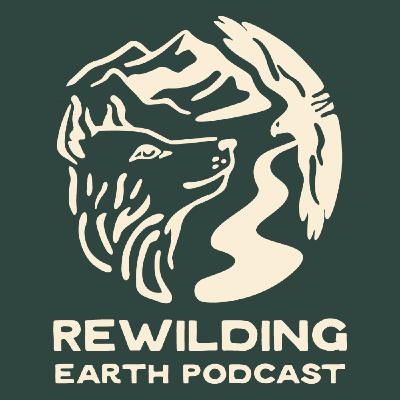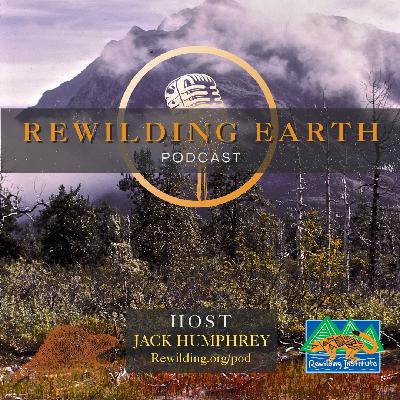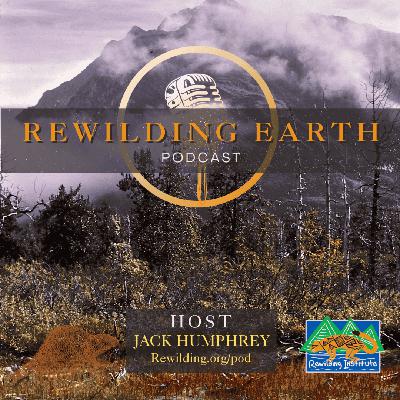Episode 137: Paul Ehrlich On Saving Nature’s Populations and Ourselves
Update: 2024-12-13
Description

About Paul Ehrlich Paul Ehrlich is the Bing Professor of Population Studies, Emeritus, and founder of the Center for Conservation Biology at Stanford. He has carried out field, laboratory, and theoretical research on the dynamics and genetics of insect populations, the evolutionary interactions of plants and herbivores, the behavioral ecology of birds and reef fishes, […]
Read full article: Episode 137: Paul Ehrlich On Saving Nature’s Populations and Ourselves
Comments
In Channel
















